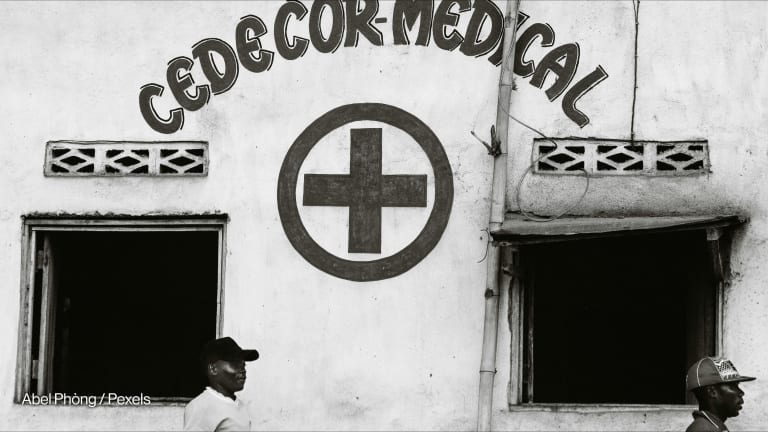The impacts of climate change are devastating, and while they have been felt in some of the world’s most remote and vulnerable regions for many years, now climate change is finally in the spotlight across the globe.
The forecasts and predictions for the future are worse than imagined. According to the latest reports from the Intergovernmental Panel on Climate Change, sea levels are currently rising more than twice as fast as they did during the 20th century — and accelerating. What’s more, new knowledge shows an increase in risks from dryland water scarcity, fire damage, permafrost degradation, and food-system instability, even for global warming of around 1.5 degrees Celsius.
Discussions at the leadership level are largely thought to be far behind where they need to be. We are now hearing repeatedly — whether from heads of state in the regions that are most vulnerable to climate impacts, or young people around the world striking on Fridays for the Future — a sense of urgency that we never have before. We are also hearing pleas to focus on both mitigation and resilience building, and for discussions to be turned into actions.
More from the Turning the Tide series:
► The Virtual Island Summit: Did it work?
► Too late for red tape on climate action, says Farhana Yamin
► Small island states turn to innovation to build climate resilience
Following on from the United Nations climate summit and in the run-up to the forthcoming COP25 this December in Madrid, experts from a range of fields — from climate science and disaster risk reduction to oceanography — came together on a panel in London last month for an in-depth look at what action is being taken in terms of resilience building in low- and middle-income countries, the solutions that are available, how responses can be tailored specifically for small island developing states, and how to implement them.
In this moderated discussion, we tackled some of the key issues and realities being faced by small island developing states and the socioeconomic challenges that are exacerbated by the effects of climate change. We also explored how multistakeholder action can be achieved, bringing together the science and humanitarian communities. Experts explained what policies are in place and what progress is being made at national and international levels. And we addressed the biggest question of all: How can we move from conversations around these issues to action that will result in real progress?
For more from the panel discussion, see the video above, and have your say on how true action can be taken using the hashtag #TurningtheTide.








